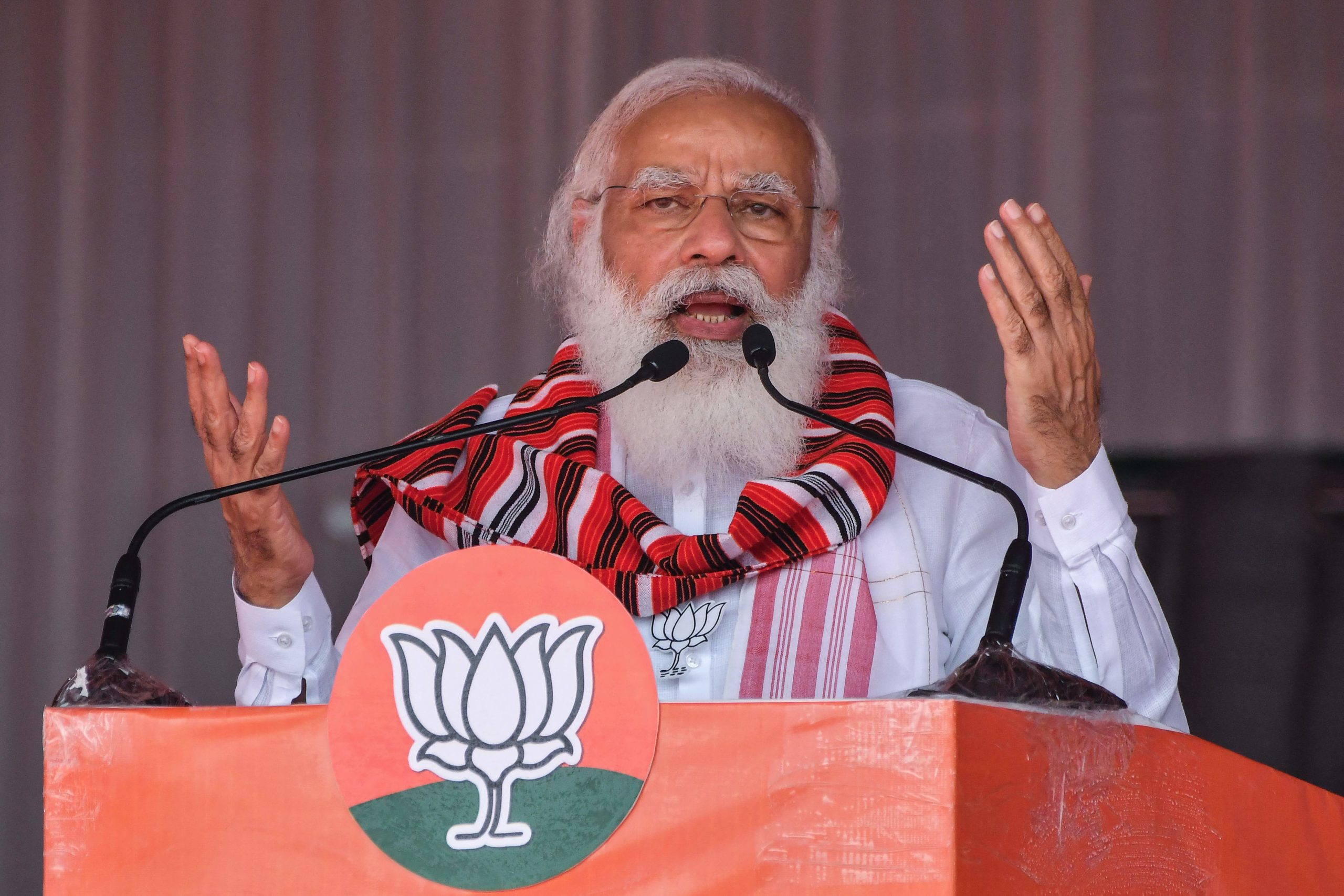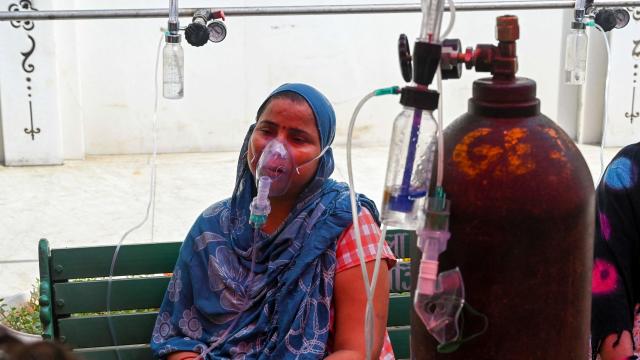Facebook posts criticising India’s Prime Minister Narendra Modi were being blocked on Wednesday, the tech giant confirmed to Gizmodo, adding that it was a “mistake.” But why was Facebook content with the hashtag #ResignModi being censored in the first place? Facebook is being incredibly cagey about the specifics.
“We temporarily blocked this hashtag by mistake, not because the Indian government asked us to, and have since restored it,” a Facebook spokesperson told Gizmodo by email.
The spokesperson, who didn’t want to be named, added that “the hashtag was mistakenly blocked due to some content associated with it.”
What content got the hashtag blocked? Facebook won’t say. The company also didn’t answer questions from Gizmodo about whether the content was flagged by human moderators or whether this was caught by their automated moderation systems.
The censorship of the hashtag, first reported by BuzzFeed News, comes as India’s neo-fascist Prime Minister receives widespread criticism for not doing enough to fight the covid-19 pandemic, a crisis that’s currently made India the worst coronavirus hot-spot in the world.
Modi has come out against lockdowns, despite an alarming death toll and hospitals so packed with coronavirus patients that some people are being treated in tents and others are simply being left to die in the streets. India recorded 379,259 new covid-19 cases in the past 24 hours, with a staggering 3,645 new deaths from the disease.
Last week, India’s government ordered Twitter to block tweets critical of Modi’s handling of the pandemic, though Facebook insists their temporary block wasn’t a request from the Indian government.

The U.S. and other nations have pledged to help India with aid, as $US100 ($129) million from the Biden administration is expected to start arriving in India on Thursday in the form of oxygen. The shortage of oxygen in the country is just one of the many perils facing India’s people as the death toll mounts. The covid-19 vaccine isn’t free to everyone in India, another huge point of contention.
At least 18.3 million people have tested positive for covid-19 in India, with an official death toll of over 201,000 from the disease, according to Johns Hopkins University’s online coronavirus tracker. But it’s widely acknowledged that this is almost certainly an undercount of the real threat, especially as many parts of the country record a test positivity rate of over 15%.
Despite all this, Prime Minister Modi says that lockdowns should only be seen as a last resort, something he’s hinted hasn’t come quite yet.
“If we all follow covid-19 protocols, there’ll be no need to impose lockdowns,” Modi said last week.
India will never forgive PM @narendramodi for underplaying the corona situation in the country and letting so many people die due to mismanagement.
At a time when India is going through a health crisis,PM chose to export millions of vaccine to other nations #ModiHataoDeshBachao pic.twitter.com/5sQRfT7kpB— Moloy Ghatak (@GhatakMoloy) April 20, 2021
Modi can’t take all the blame for India’s current pandemic problems, of course. Western nations have benefited from India’s vaccine production capacity — India is the world’s largest producer of vaccines — while the country struggles with a tremendous vaccine shortfall. And while there are hints the Biden administration may be working behind the scenes to loosen intellectual property rights for Big Pharma companies who currently have a monopoly on their vaccinations, there’s been no public movement on that front yet.
Less than 10% of India’s nearly 1.4 billion people have received a first dose of any covid-19 vaccine, according to the BBC and just 1% have gotten two doses to become fully vaccinated. And without some major changes, things are expected to get a lot worse before they get any better.
